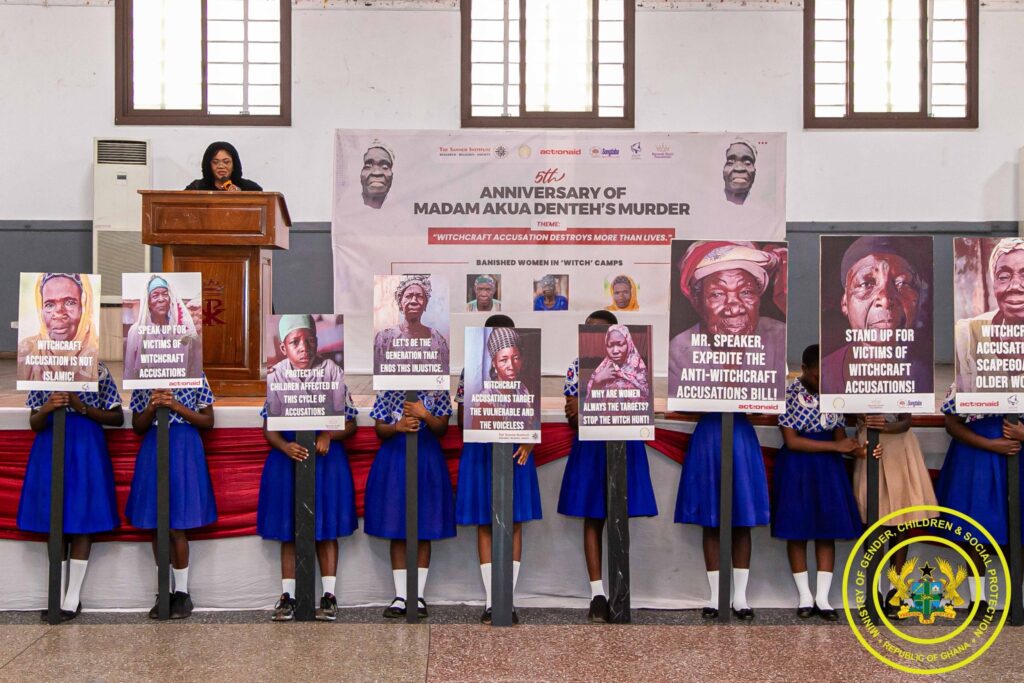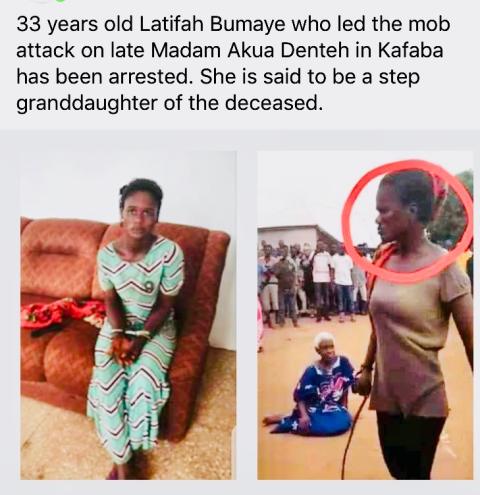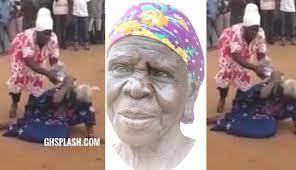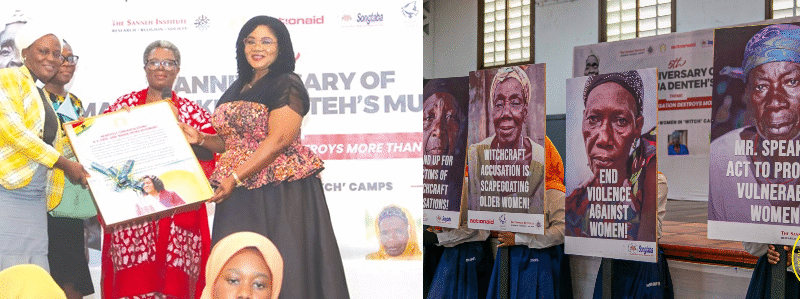Ghana Moves to Reintroduce Anti-Witchcraft Accusation Bill After Akua Denteh Tragedy

New Anti-Witchcraft Bill to Be Reintroduced in Ghana’s Parliament
Ghana’s government is set to reintroduce the Anti-Witchcraft Accusation Bill after the previous version lapsed without a presidential signature. This renewed effort is in direct response to ongoing public outcry and in memory of Akua Denteh, a 90-year-old woman lynched in 2020 following a witchcraft accusation.
Background: A Law That Expired Without Action
In July 2023, Ghana’s eighth Parliament passed the bill. However, it never took effect. Former President Nana Akufo-Addo declined to sign it, citing potential financial strain on the consolidated fund. As a result, the bill expired with the life of that Parliament.
A Renewed Push from Government and Civil Society
The Ministry of Gender, Children and Social Protection, in collaboration with the Office of the Attorney-General, is working actively to table a revised version.
At a recent lecture commemorating the fifth anniversary of Akua Denteh’s death, Vice-President Prof. Naana Jane Opoku-Agyemang announced the reintroduction plans. Represented by Dr. Agnes Naa Momo Lartey, the Gender Minister and MP for Krowor, she pledged full government support.
“Hope without action is just aspiration. We must pass, sign, and enforce this bill,” she said firmly.
A President Ready to Sign
Unlike the previous administration, current President John Dramani Mahama has pledged to sign the bill once passed. The government also prefers it as an Executive Bill rather than a Private Member’s Bill, signaling stronger backing and faster processing.
Urgency Echoed by Lawmakers and Activists
Francis Xavier Sosu, MP for Madina and a sponsor of the earlier bill, confirmed working closely with the Attorney-General and Gender Ministry. Their aim? Submit the bill to Cabinet and reintroduce it under a certificate of urgency.
“We’re pushing hard for immediate action to end these abuses,” Mr. Sosu noted.

Akua Denteh: A Symbol for Change

Held under the theme “Witchcraft Accusation Destroys More Than Lives,” the anniversary event united over 250 participants — survivors, family members, chiefs, legal experts, students, and civil society leaders.
Akua Denteh’s son, Mahama Salami, said justice brought the family peace. He added his voice to calls for the bill’s passage.
In 2023, the Tamale High Court sentenced Hajia Serina Mohammed and Latifa Bumay to 12 years each for their roles in Akua’s murder.
Voices Demanding Urgent Legislative Action
Joseph Whittal, Commissioner for the Commission on Human Rights and Administrative Justice (CHRAJ), stressed the urgency of passing the bill.
“The time for symbolic gestures is over. Real protection is long overdue,” he said.
Why This Law Matters
This law aims to protect Ghana’s most vulnerable especially elderly women from being accused, abused, or killed over superstitious beliefs. It marks a critical shift toward human rights and gender justice.
Takeaway Message
Passing the Anti-Witchcraft Accusation Bill isn’t just about law. It’s about dignity, justice, and honoring the memory of those like Akua Denteh. It’s about ensuring no woman in Ghana fears for her life simply for growing old or being different.
Final Thoughts
This time, the bill has the wind at its back. With strong political will, public support, and the painful memory of past tragedies, Ghana has a chance to lead Africa in protecting the vulnerable from harmful superstitions.




